Archive: Hospital Care
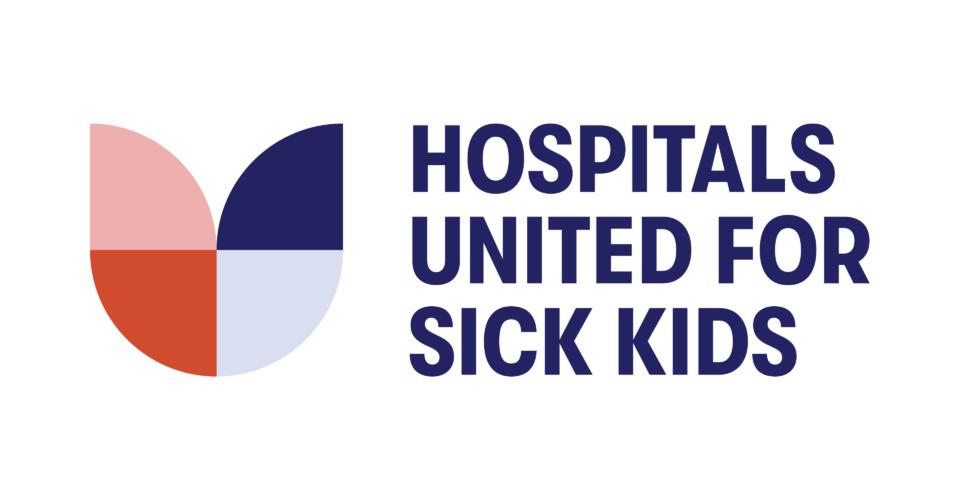
Hospitals United for Sick Kids
The Common Good is proud to be a partner in an incredible alliance for sick kids called Hospitals United for Sick Kids (HUSK) (formerly Curing Homesickness) – the only national alliance of hospitals for children in Australia.
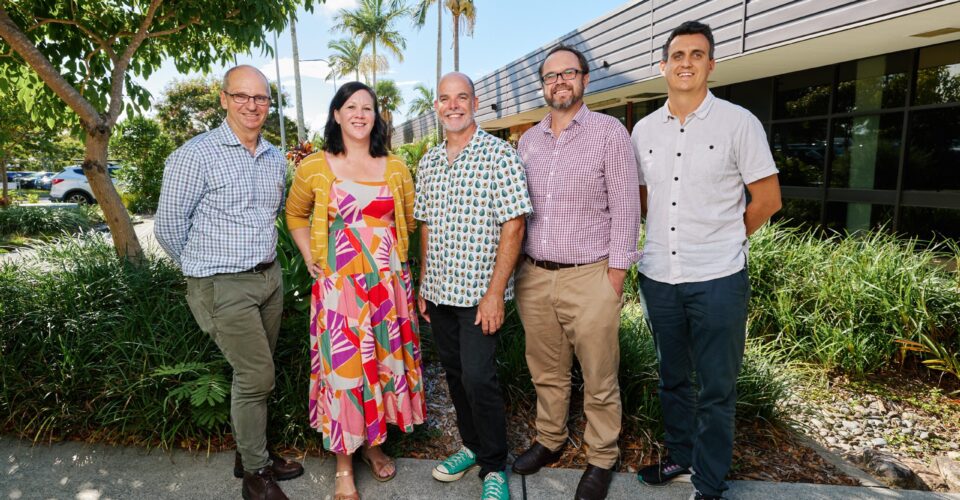
What is an Allied Health Professional?
What is an allied health professional? We answer that frequently asked question and share some examples in this blog.
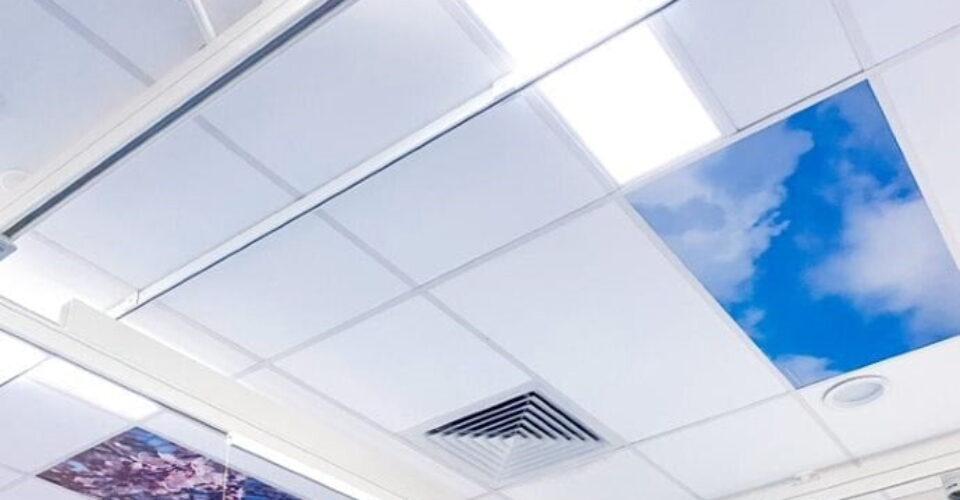
Healing Ceilings Installed at Brisbane’s The Prince Charles Hospital
Some of the sickest patients in The Prince Charles Hospital’s thoracic ward can now look up and let their minds wander into nature, following the installation of Healing Ceilings.
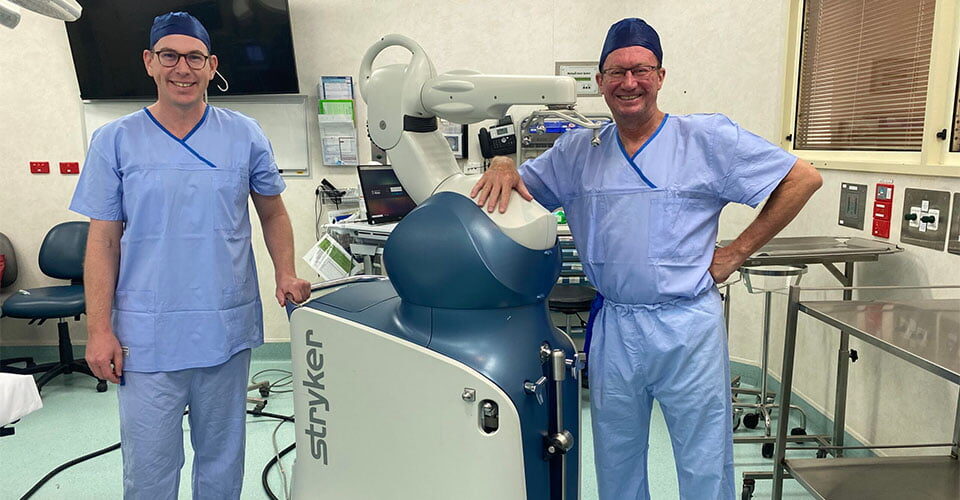
1000th Robotic-Arm-Assisted Surgery Performed At The Prince Charles Hospital
Robotic Joint Replacement Surgery: The 1000th robotic-arm assisted surgery has been performed at The Prince Charles Hospital in Brisbane.
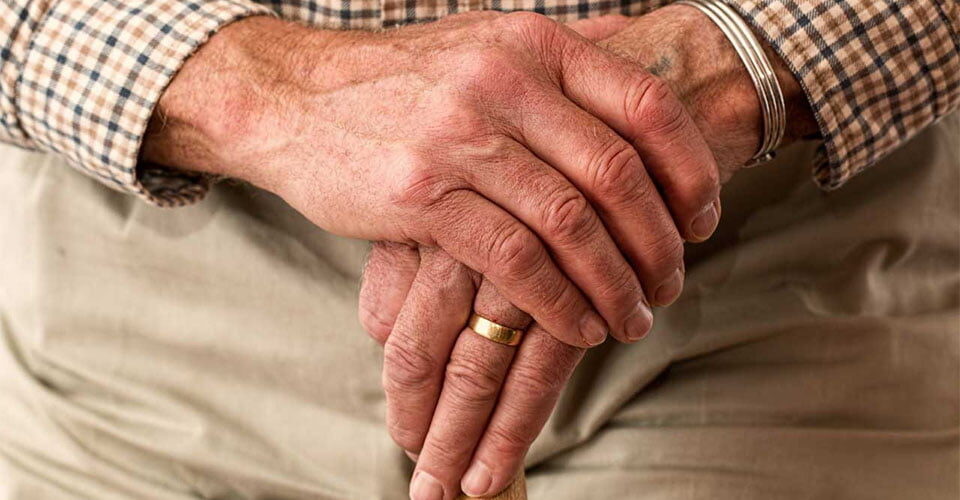
Common Health Problems For Elderly People
In this blog we discuss some of the Common Health Problems For Elderly community members and the role of a geriatrician.
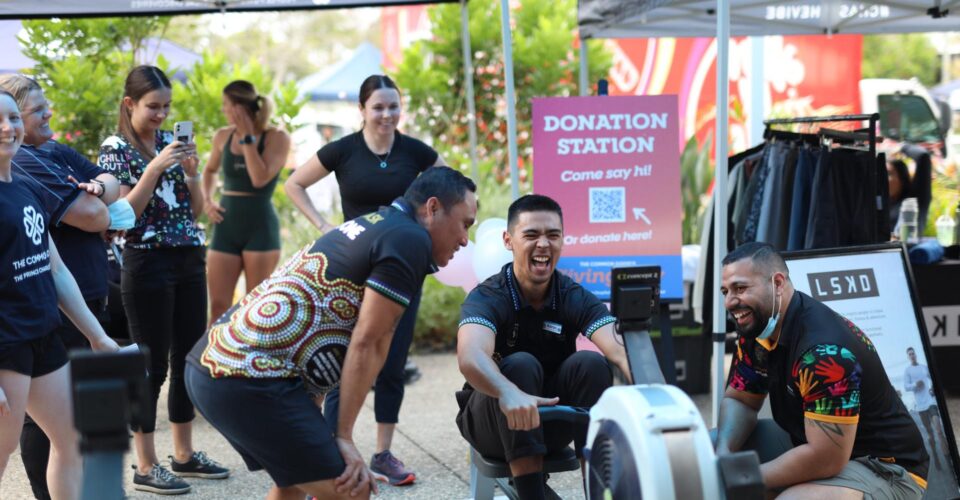
Charlie’s Fitness Challenge 2022: Winners Revealed
There were many festivities on Giving Day in 2022, including the Charlies Fitness Challenge, where hospital teams and fitness fanatics showcased their athleticism.
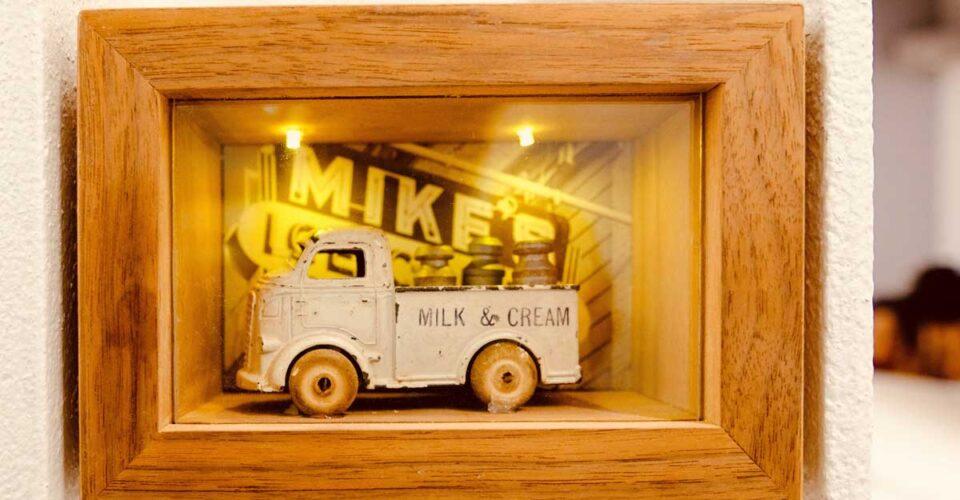
Memory Corridor Proposed for Caboolture Hospital and The Prince Charles Hospital
Memory corridors, proposed for both The Prince Charles Hospital and Caboolture Hospital, would encourage mobility and connection for older patients.
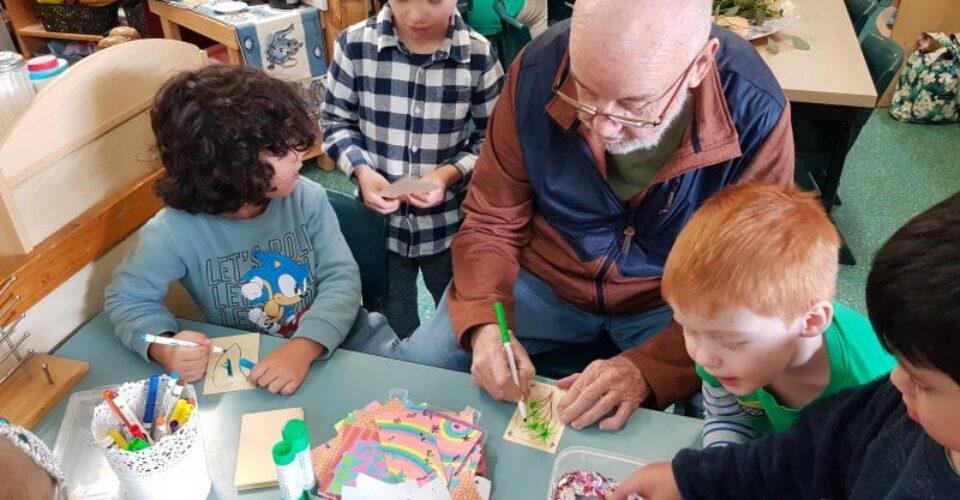
Grandfriends: The life-changing ageless play program in Brisbane
A lifechanging ageless play program called Grandfriends is underway at The Prince Charles Hospital Early Education Centre in Brisbane.
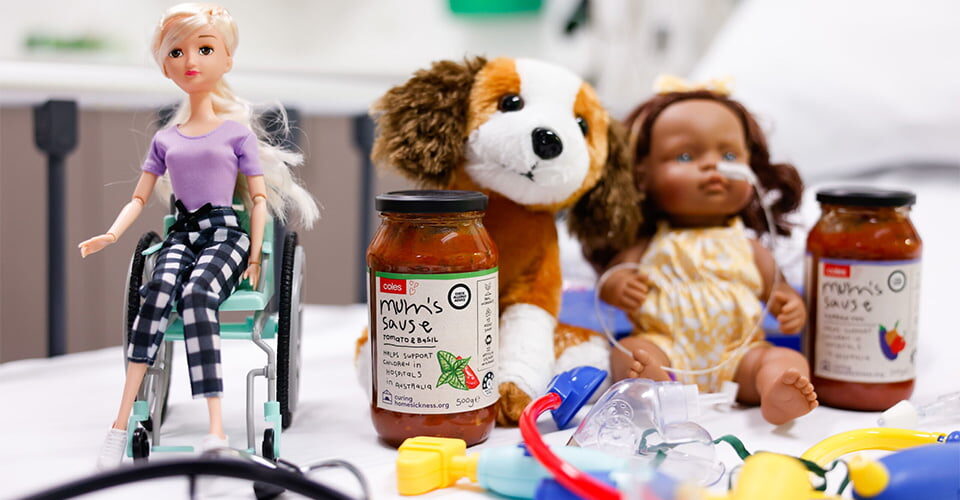
Help kids visiting The Prince Charles Hospital this World Pasta Day
Whip up a bowl of pasta using Mum’s Sause at Coles and make a difference for sick kids this World Pasta Day. Click here to learn how.
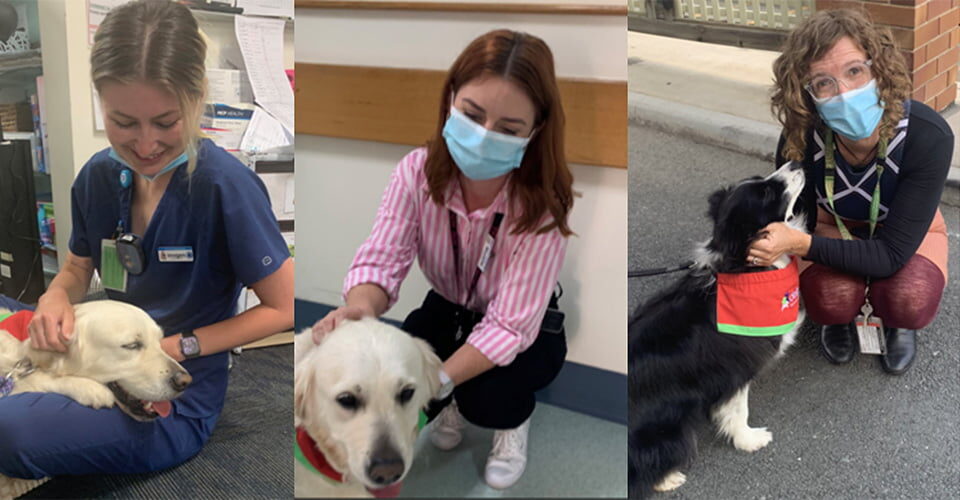
Therapy Dogs at The Prince Charles Hospital in Brisbane
Therapy dogs are bringing joy to patients and staff at The Prince Charles Hospital thanks to the generosity of supporters at Giving Day 2021.
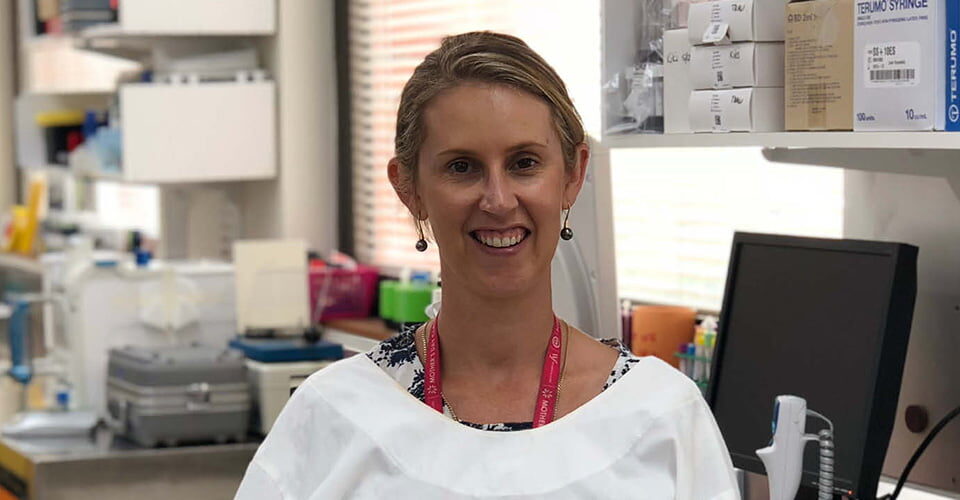
Over Thirty Lives Saved Due To Transplant Revolution
The Prince Charles Hospital’s Critical Care Research Group is revolutionising the way donated organs are transported, addressing one of the major challenges facing the transplant field.

Child Life Therapist to Help Get Sick Kids Home Sooner
The Curing Homesickness initiative will fund, thanks to their major partner Coles, a pilot program which will employ a Child Life Therapist at The Prince Charles Hospital’s Children’s Emergency Department…